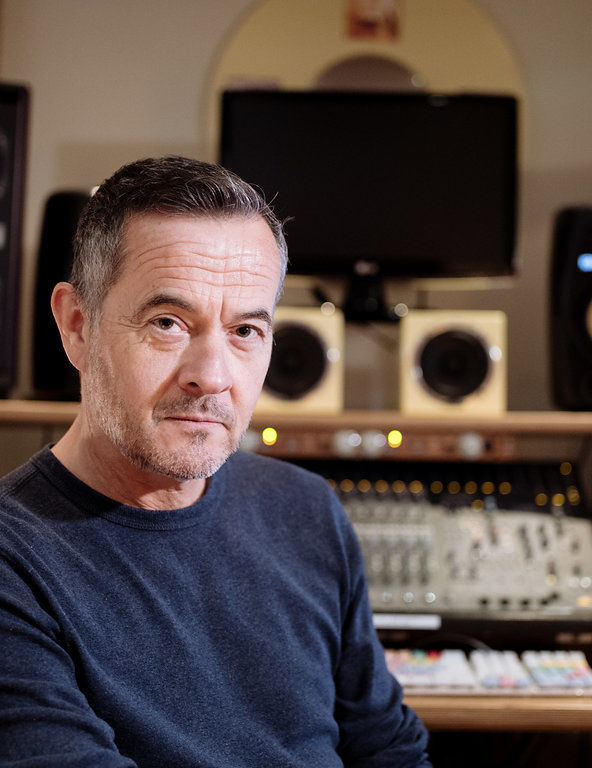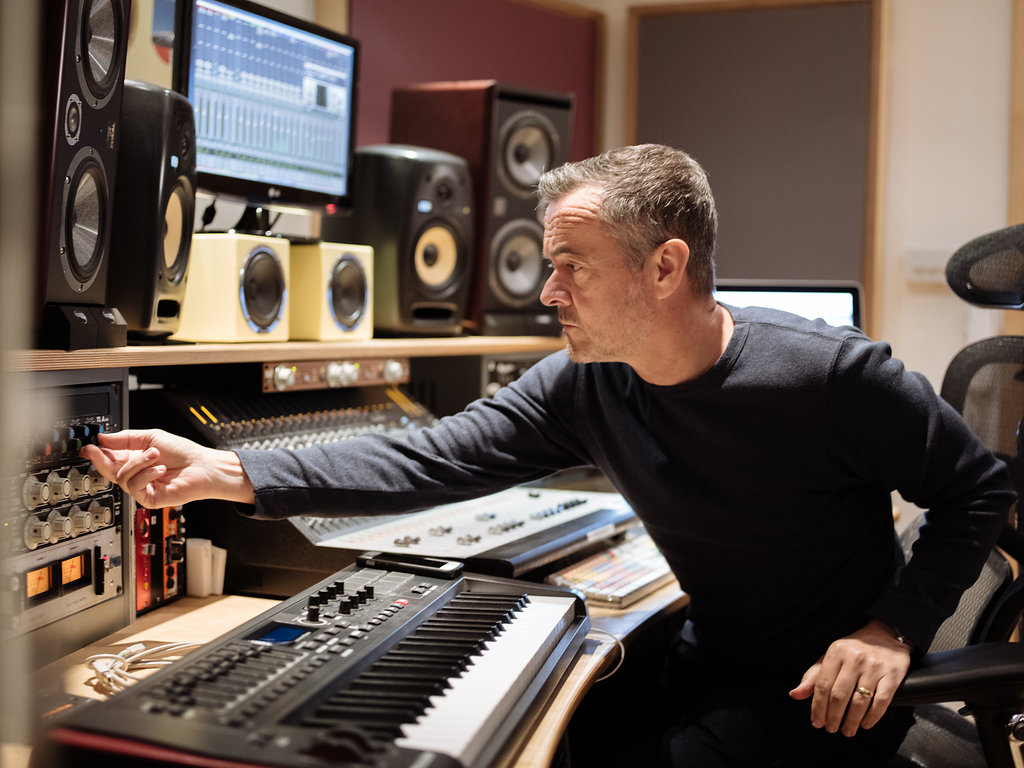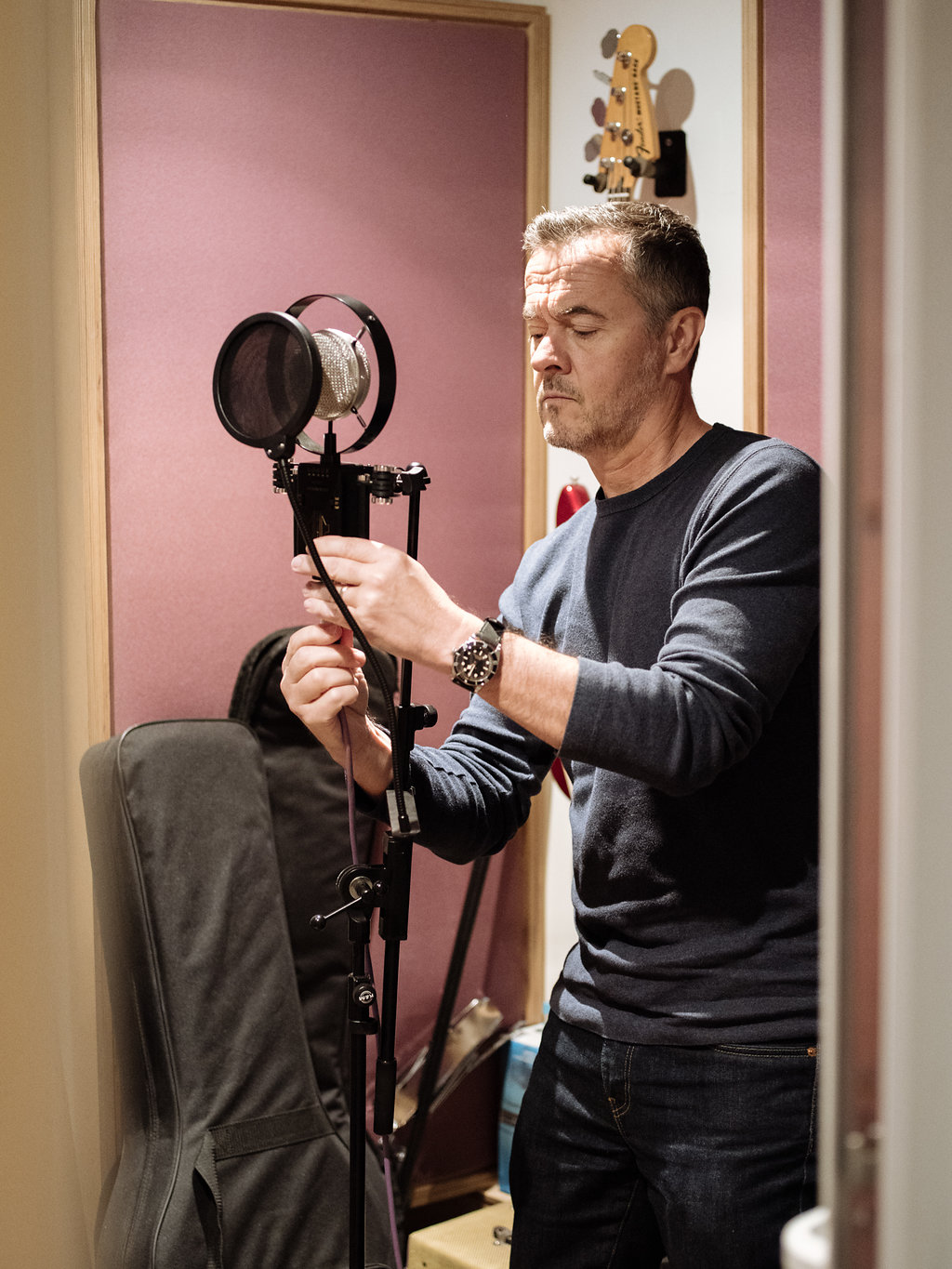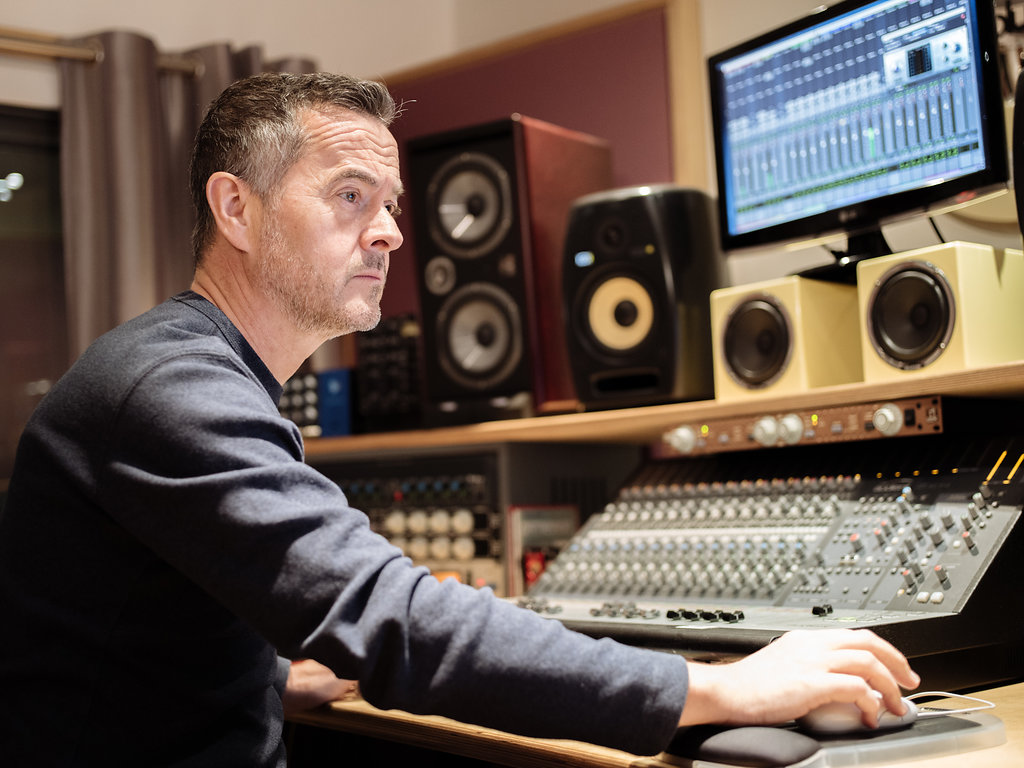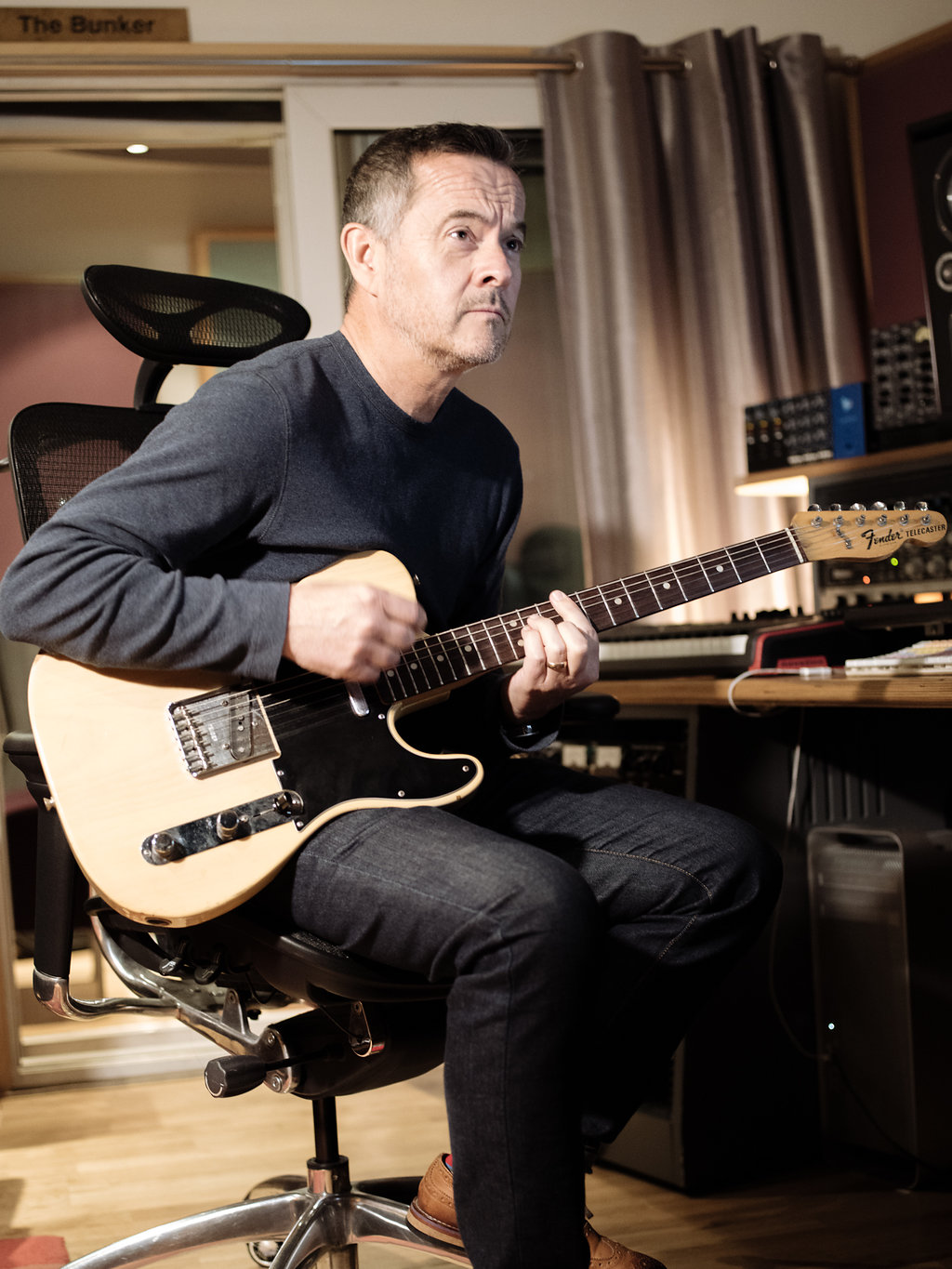Stephen Street is a record producer that is known for his longtime associations with The Smiths and Blur, so it comes as no surprise to see him crowned the winner of this year’s MPG Outstanding Contribution To Music award. Although the way he tells it, his career could have easily gone another way.
“I'm known for working with bands, and I do try and become like a big brother to them – in the nicest sense – not Big Brother in 1984,” clarifies Street. “I’m a big brother in the sense of being family or an extra member of the band. I try to instill a feeling that we're in this together, that I'm working for you, and that I’m going to help you make a good record. I like to think of it like that anyway! That is something that has paid in dividends for me.”
He’s not wrong. This year, Street is the winner of the PPL Present the MPG Award for Outstanding Contribution to UK Music – an award from two organisations he sees a real value in:
“I am humbled to have been recognised for this award. I think that producers by nature tend to be quite a disparate bunch, so it's good that there's something that brings people together. [The MPG] is a place where people can air their grievances or worries and have someone represent them when it comes to agreeing how the record companies go about the business of drawing up contracts with producers and so on. And especially for people coming into the industry, as young people, they need guidance as well. If they can go to someone like the MPG, they can find out how to go about this and get some advice as well.”
Best known for his work with The Smiths and Blur, Street began his career during the early '80s as an engineer, later going on to work with Morrissey, The Cranberries, The Pretenders, Babyshambles and Kaiser Chiefs – amongst many others. Before this, Street played bass in a band that never quite made it – a factor that led him down his eventual career path.
“It wasn't really getting anywhere,” he recalls. “We had a record deal, but we didn't really have much success. I knew that I was really enjoying being in the studio with the band, and I also realised that there were young producer-engineers that were having success at the time. So I formed an idea in my mind that studio work would be something that I would like to do.”
Street was determined, approaching numerous studios in the hope of securing a job – eventually finding an assistant position at Island Records’ basement recording studio.
“I was a bit green,” he admits. “But I was at Island for the best part of three years, and for a long time during that period I was the only assistant, so I was getting quite a lot of training; I wasn't just working as a tea boy! So I was actually hands-on on the desk, setting up microphones and so on, and I applied as much knowledge as I could to try to be helpful. I think it was noted.”
It must have been, as one of Street's first jobs as in-house engineer was for a session for The Smiths's Heaven Knows I'm Miserable Now. He continued to work with The Smiths for years, working as an engineer on their album The Queen Is Dead before assuming a producer role for Strangeways, Here We Come, the band’s final album.
“Sometimes you have to wait for the stars to be aligned,” he says. “And that definitely happened to me when I met The Smiths. If I hadn't done that, it could have been so very different. They definitely gave me the big step up that I needed as a young engineer. If that first single with them had never happened, my career path could be very different."
